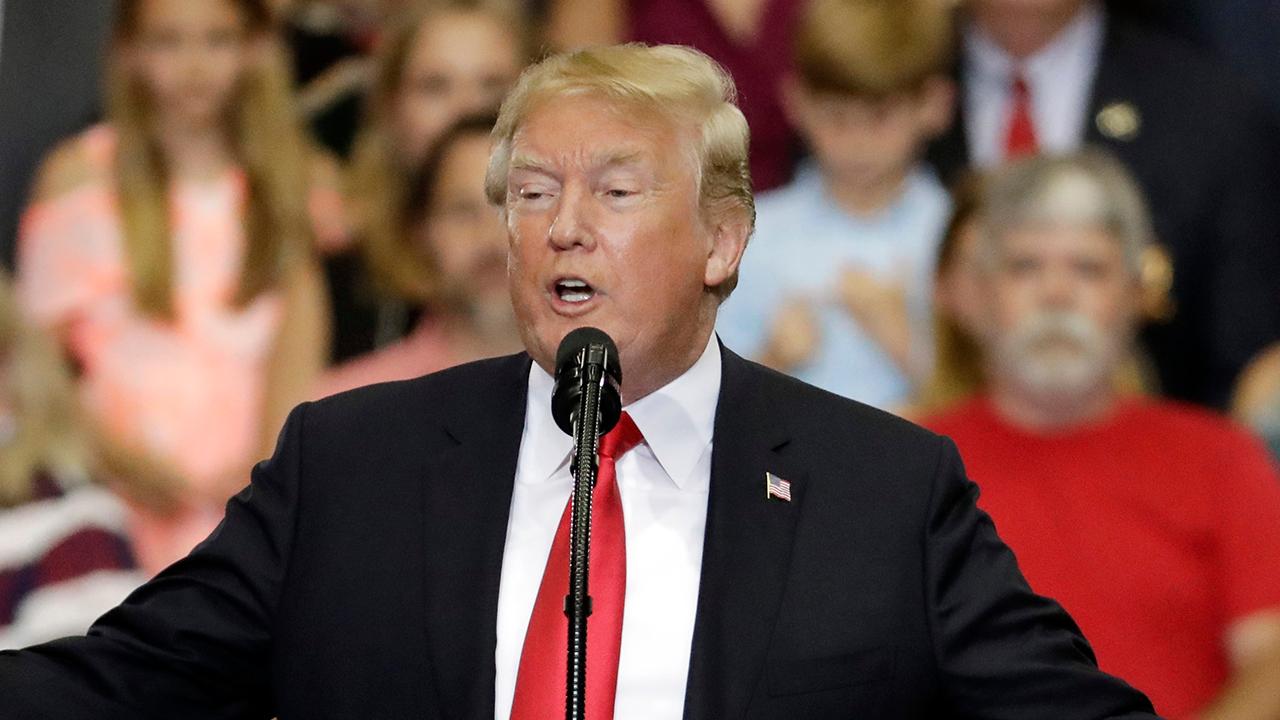
The Constitution is not explicit on whether a president can pardon himself. However, some legal scholars argue that the pardon power extends to the president’s own actions. The “unitary executive theory” holds that the president is the sole head of the executive branch and has the authority to pardon anyone, including himself.
No president has ever attempted to pardon himself, but several have been accused of pardoning friends or allies in exchange for favors. In 1868, President Andrew Johnson pardoned himself for violating the Tenure of Office Act, which barred him from removing certain officials without congressional approval. The House of Representatives impeached Johnson, but the Senate acquitted him by one vote.
A self-pardon by President Trump would be unprecedented and could have severe political and legal consequences. Critics argue that it would set a dangerous precedent, allowing future presidents to evade prosecution for any crime. Legal experts predict that a self-pardon would prompt immediate legal challenges and could ultimately be overturned by the Supreme Court.
A presidential self-pardon would shatter public trust in the integrity of the justice system. Polls show that the majority of Americans believe that a president should not be able to pardon himself. A self-pardon would be seen as an admission of guilt and would undermine the credibility of the presidency itself.
The White House has not officially stated whether President Trump plans to pardon himself. However, Trump has repeatedly attacked the Russia investigation and has hinted that he might consider a self-pardon. In a 2018 interview, he said, “I’m not going to rule anything out.”
Whether or not President Trump ultimately pardons himself remains to be seen. However, the potential consequences of a self-pardon are clear. It would set a dangerous precedent, undermine public trust, and could have severe political and legal repercussions.
| Category | Consequence |
|---|---|
| Legal | Legal challenges, potential overturning by Supreme Court |
| Political | Public outrage, loss of trust in justice system |
| Historical | Dangerous precedent, undermining presidential credibility |
Takeaways:
- A self-pardon by President Trump is legally possible but unprecedented.
- A self-pardon would likely trigger legal challenges and could ultimately be overturned by the Supreme Court.
- A self-pardon would shatter public trust in the integrity of the justice system and undermine the credibility of the presidency.
- The potential consequences of a self-pardon are severe and should give President Trump pause before considering such a move.

You may also like
-
TikTok Faces U.S. Ban After Losing Bid To Overturn New Law
-
Trae Young's Heartbreaking Heroics Crush Lakers' Dreams In Epic NBA Game
-
Unveiling The Life And Legacy Of Maddux Madsen: Baseball's Enigmatic Superstar
-
LeBron's Buzzer-Beater Miscue Stuns Lakers; Title Hopes Fade Away
-
Court Upholds US Ban On TikTok Unless It Finds A Buyer : NPR